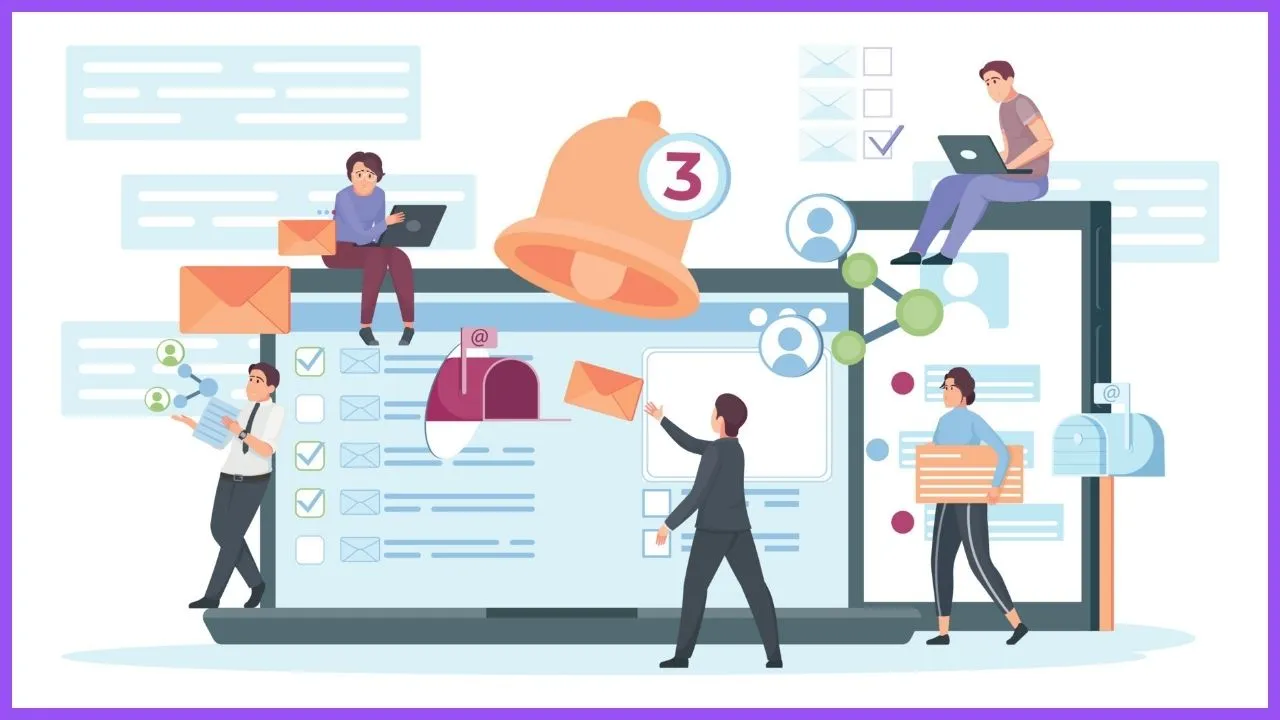
Table of Contents
Email marketing remains one of the most effective digital marketing strategies. It allows businesses to reach their audience directly, providing personalized content that can drive engagement and conversions.
In this article, we'll explore what email marketing is, its benefits, and best practices for implementing a successful email marketing campaign.
What is Email Marketing?
Email marketing is a form of direct marketing that uses email to promote products or services. It is an efficient way to inform your customers about new products, special offers, and other updates.
Beyond promotional content, email marketing can also build relationships with your audience, providing valuable content that keeps them engaged with your brand.
Benefits of Email Marketing
Email marketing offers numerous benefits, including:
1. Cost-Effective: Email marketing is one of the most cost-effective marketing strategies. It allows you to reach a large audience at a relatively low cost compared to traditional marketing methods.
2. Targeted Messaging: Email marketing enables you to segment your audience based on their preferences, behaviors, and demographics, allowing you to send personalized messages that are more likely to resonate with each recipient.
3. Measurable Results: With email marketing, you can track key metrics such as open rates, click-through rates, and conversion rates. This data provides insights into the effectiveness of your campaigns and helps you optimize future efforts.
4. Increased Engagement: Emails provide a direct line of communication with your audience, fostering engagement through personalized and relevant content.
5. High ROI: Email marketing consistently delivers a high return on investment (ROI). According to studies, for every dollar spent on email marketing, the average ROI is $42.
How to Do Email Marketing Right
To reap the benefits of email marketing, it's essential to follow best practices. Here’s how to do email marketing right:
1. Build a Quality Email List: Your email marketing success starts with a high-quality email list. Use opt-in forms on your website, social media, and other channels to collect email addresses from interested prospects. Ensure that you have permission to email your subscribers to avoid spam complaints.
2. Segment Your Audience: Segmenting your email list allows you to send targeted messages to specific groups within your audience. Segmentation can be based on various criteria, such as demographics, purchase history, and engagement levels.
3. Craft Compelling Subject Lines: The subject line is the first thing recipients see, and it determines whether they open your email. Create compelling, curiosity-inducing subject lines that grab attention and encourage open.
4. Personalize Your Emails: Personalization goes beyond using the recipient's name. Tailor your content to match the interests and preferences of each segment. Personalized emails show that you understand your audience and can lead to higher engagement.
5. Create Valuable Content: Your emails should provide value to your subscribers. This can be in the form of educational content, exclusive offers, product updates, or helpful tips. Focus on creating content that addresses your audience’s needs and interests.
6. Use a Clear Call to Action (CTA): Every email should have a clear and compelling call to action. Whether you want recipients to visit your website, make a purchase, or download a resource, make sure the CTA is prominent and easy to follow.
7. Optimize for Mobile: A significant portion of emails is opened on mobile devices. Ensure your emails are mobile-friendly with responsive design, concise content, and large, tappable buttons.
8. Test and Analyze: Continuously test different elements of your emails, such as subject lines, content, and CTAs, to see what works best. Analyze your email performance data to identify trends and areas for improvement.
Best Email Marketing Tools
To streamline your email marketing efforts, consider using the following tools:
- Mailchimp: A popular email marketing platform with robust features for creating, sending, and analyzing email campaigns.
- Constant Contact: Known for its user-friendly interface and excellent customer support, it's ideal for small businesses.
- Sendinblue: Offers a range of marketing tools, including email marketing, SMS marketing, and chat functionality.
- HubSpot: A comprehensive marketing platform that includes email marketing, CRM, and automation features.
Conclusion
Email marketing remains a powerful tool for businesses looking to engage with their audience and drive conversions. By building a quality email list, personalizing content, and using effective tools, you can create successful email campaigns that deliver impressive results.
Ready to Elevate Your Email Marketing?
Transform your email marketing strategy with Softhat IT Solutions. Our expert team can help you craft personalized, engaging emails that drive results. Contact us today to learn more!
